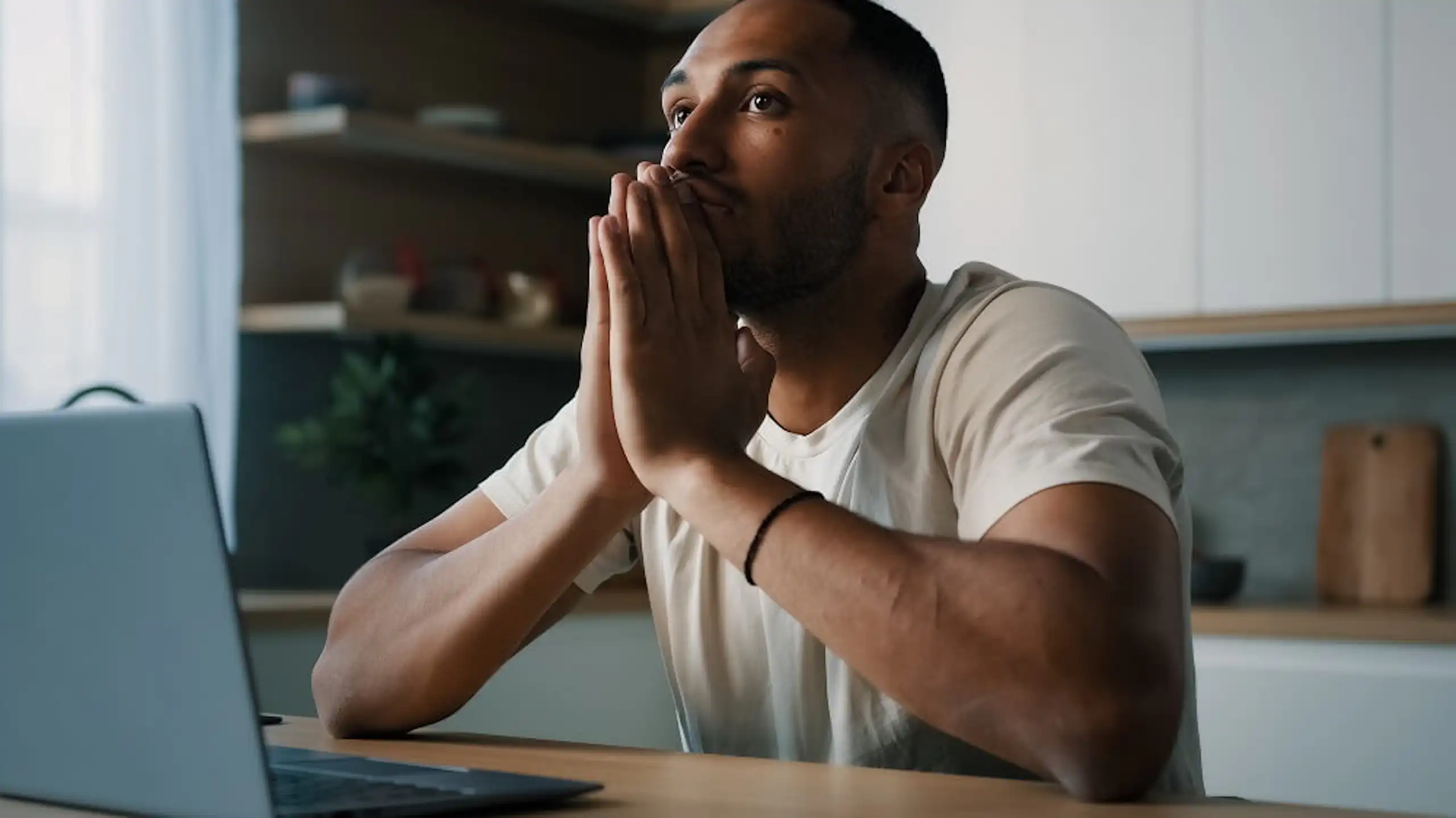Latest
How does anxiety affect mental health?


Ruby Smith
Ruby Smith (MBACP) is a Manchester-based therapist and clinical content facilitator working with HA | Wisdom Wellbeing. She originally studied English Literature at the University of Manchester where she developed a fascination with storytelling as a window into the human psyche. Following this, she started to explore phenomenology and progressed to achieve a professional qualification in Counselling and Psychotherapy at Salford University. As a trained person-centred and solution-focused therapist, Ruby has spent her career supporting clients through a humanistic lens in both an educational setting and an EAP. In her work, she incorporates her therapeutic understanding of the human emotional experience and current clinical research to educate and empower others. Outside of counselling and training sessions, Ruby can be found working out at the gym or winding down with a brew. She continues to nurture her connection with arts and culture by regularly crafting, collecting and curating in her home.
Discover how an EAP can support your employees
With an Employee Assistance Programme (EAP) from HA | Wisdom Wellbeing, we can offer you practical advice and support when it comes to dealing with workplace stress and anxiety issues.
Our EAP service provides guidance and supports your employees with their mental health in the workplace and at home. We can help you create a safe, productive workspace that supports all.







